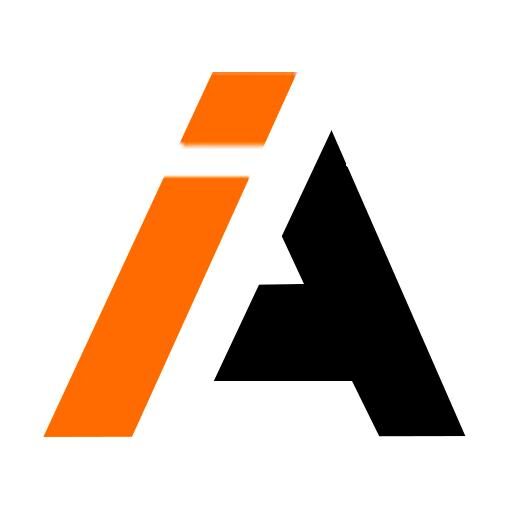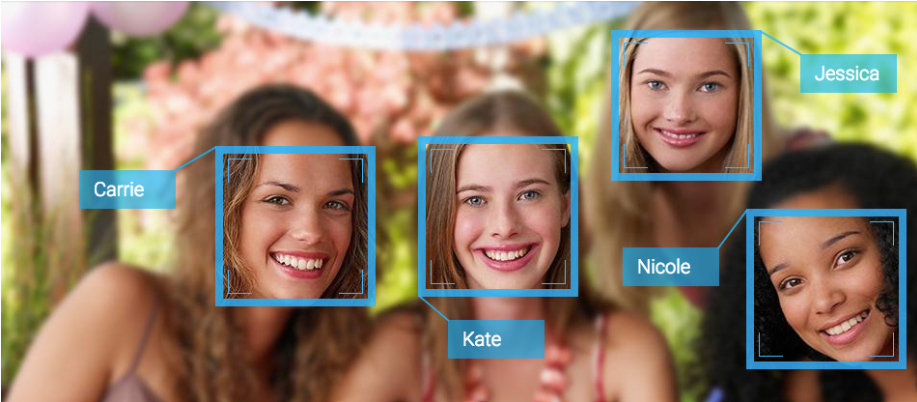-
Content
«Face++: Accurate and secure facial recognition for your business.»
Face++ is a facial recognition platform that uses artificial intelligence technology to identify and analyze facial features in images and videos. This platform is used in a variety of applications, from security and surveillance to user authentication on mobile devices and improving the customer experience in e-commerce. Face++ is one of the most advanced and accurate facial recognition platforms available on the market.
How Face++ facial recognition technology works
Facial recognition technology has advanced significantly in recent years, and one of the leading platforms in this field is Face++. This platform uses machine learning algorithms to identify and recognize faces in images and videos.
The facial recognition process begins with capturing an image or video that contains faces. The Face++ platform uses a convolutional neural network to analyze the image and extract unique facial features, such as the shape of the eyes, nose, and mouth.
Once these features have been extracted, the Face++ platform compares the image with a database of previously registered faces. If a match is found, the platform can identify the individual in the image and provide additional information, such as their name and other personal information.
The Face++ platform can also be used to verify a person's identity in real time. For example, at an airport, the platform can scan a passenger's face and compare it to their passport or ID to confirm their identity.
In addition to identity identification and verification, Face++ facial recognition technology is also used in security and surveillance applications. For example, the platform can be used to monitor large crowds at public events and detect suspicious behavior.
Although Face++'s facial recognition technology is impressive, it has also raised concerns about privacy and the security of personal data. Some critics argue that the technology could be used for malicious purposes, such as mass surveillance and discrimination.
To address these concerns, Face++ has implemented security and privacy measures to protect users' personal data. The platform uses end-to-end encryption to protect user data and has established clear policies on the use of facial recognition technology.
In short, Face++ facial recognition technology uses machine learning algorithms to identify and recognize faces in images and videos. The platform is used for identification and identity verification, as well as security and surveillance applications. Although technology has raised concerns about privacy and the security of personal data, Face++ has implemented security and privacy measures to protect user data.
The benefits and risks of using the facial recognition platform in public safety
Facial recognition technology has advanced significantly in recent years, and one of the most popular platforms is Face++. This tool has been used in a variety of applications, including public safety. However, its use has also raised privacy and discrimination concerns. In this article, we will explore the benefits and risks of using the facial recognition platform in public safety.
One of the main benefits of using the facial recognition platform in public safety is its ability to identify people suspected of committing crimes. The technology can compare images from surveillance cameras with a database of known faces, allowing authorities to identify criminals and take action to prevent future crimes.
In addition, the facial recognition platform can also help authorities find missing persons or identify crime victims. In many cases, surveillance camera footage is the only clue authorities have to solve a case. Facial recognition technology can help speed up the identification process and bring those responsible to justice.
However, the use of the facial recognition platform in public safety also poses significant risks. One of the biggest risks is privacy. Facial recognition technology can collect and store large amounts of personal data, including images of faces and other personal information. This can be used to track people and monitor their activities, raising concerns about privacy and civil liberties.
Furthermore, the facial recognition platform can also be used for discrimination. Technology can be biased against certain groups of people, such as ethnic minorities or people with disabilities. This can lead to discrimination in law enforcement and in other walks of life.
Another risk of using the facial recognition platform in public safety is the lack of regulation. Currently, there are no clear laws regulating the use of facial recognition technology in public safety. This means that authorities can use the technology arbitrarily and without oversight, raising concerns about transparency and accountability.
In conclusion, the facial recognition platform like Face++ has benefits and risks in the use of public security. While it can help authorities identify criminals and solve cases, it also raises concerns about privacy, discrimination, and lack of regulation. It is important that authorities and legislators address these risks and work to ensure that technology is used responsibly and ethically.
The future of facial recognition and its impact on user privacy
At present, facial recognition has become an increasingly popular technology used throughout the world. From unlocking our mobile phones to security at airports and government buildings, facial recognition has become an essential tool in our daily lives. One of the most popular facial recognition platforms is Face++, a technology developed by the Chinese company Megvii.
Face++ uses machine learning algorithms to analyze and recognize unique facial features, such as face shape, distance between the eyes and nose, and skin texture. This technology has been used in a variety of applications, from identifying suspects in surveillance videos to verifying identity in financial transactions.
However, as facial recognition becomes more common, concerns about user privacy are also being raised. Many people fear that their facial data will be used inappropriately or shared with third parties without their consent. In addition, there is a risk that the technology will be used for racial profiling or mass surveillance.
To address these concerns, Face++ has implemented security and privacy measures to protect user data. The company has established clear policies on how facial data is used and has implemented security measures to prevent unauthorized access. In addition, Face++ has worked with human rights organizations and privacy experts to ensure that its technology is used ethically and responsibly.
Despite these measures, there are still concerns about the use of facial recognition in mass surveillance and racial discrimination. Some critics argue that the technology is used disproportionately in minority communities and that it can lead to the criminalization of poverty and social exclusion.
To address these concerns, it is important that technology companies work closely with human rights organizations and privacy experts to ensure that their technology is used ethically and responsibly. In addition, governments must establish clear regulations on the use of facial recognition and ensure that the privacy rights of citizens are respected.
In conclusion, facial recognition is an exciting and useful technology that has the potential to improve our lives in many ways. However, it is also important to address concerns about privacy and racial discrimination to ensure that it is used ethically and responsibly. With proper security and privacy measures, facial recognition can be a powerful tool to improve security and efficiency in a variety of applications. The Face++ facial recognition platform is an advanced and accurate tool that can be used in a variety of applications. , from security to marketing. However, it also raises concerns about privacy and the misuse of personal data. It is important that appropriate measures are put in place to ensure that it is used in an ethical and responsible manner.

